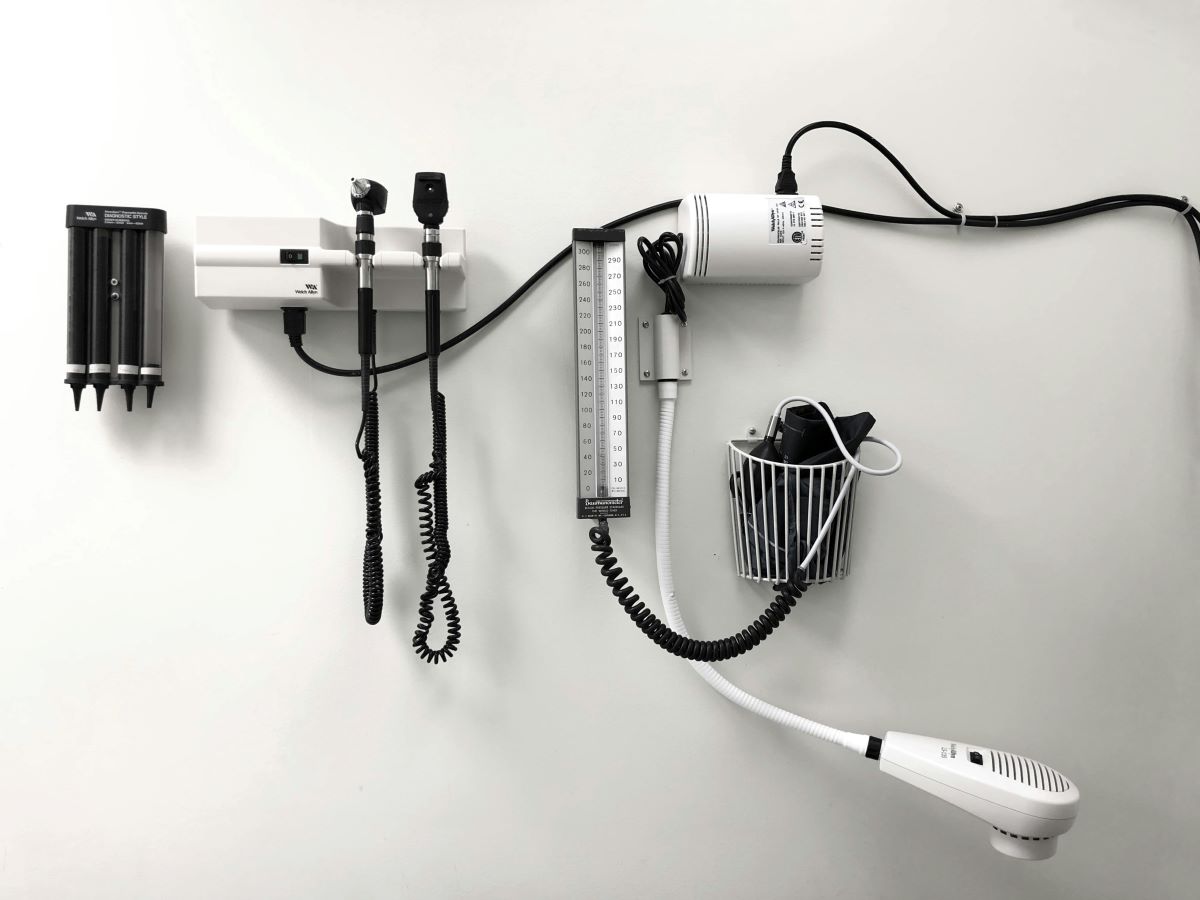Becoming a certified nursing assistant (CNA) opens up a world of possibilities in the healthcare field. CNAs play a vital role in providing direct patient care and support, making them indispensable members of any healthcare team. If you're considering a career as a CNA, you might be wondering where you could potentially work. From hospitals to nursing homes, CNAs are needed in various healthcare settings to assist patients with their daily activities and ensure they receive the care they need. Let's explore five common places where CNAs work.
1. Hospitals
Hospitals are perhaps the most common workplace for CNAs. Within a hospital setting, CNAs can work in various departments, including medical-surgical units, emergency rooms, intensive care units (ICUs), and more. In these environments, CNAs work closely with registered nurses (RNs) and licensed practical nurses (LPNs) to provide basic patient care. This can include tasks such as taking vital signs, assisting with personal hygiene, turning and repositioning patients, and helping with meals.
One of the advantages of working in a hospital as a CNA is the opportunity for diverse experiences. CNAs may encounter patients with a wide range of medical conditions and needs, allowing them to develop valuable skills and knowledge. Additionally, hospitals often provide opportunities for career advancement, with some CNAs choosing to further their education and become RNs or pursue other healthcare professions.
2. Nursing Homes
Nursing homes, also known as skilled nursing facilities, are residential facilities that provide care for individuals who require assistance with activities of daily living or have complex medical needs. CNAs play a crucial role in nursing homes, where they provide personalized care to residents under the supervision of licensed nurses.
In a nursing home setting, CNAs may assist residents with bathing, dressing, toileting, and eating. They also help residents move around safely, ensuring they maintain their mobility and independence as much as possible. Additionally, CNAs in nursing homes often develop close relationships with residents, providing emotional support and companionship.
While working in a nursing home can be rewarding, it can also be challenging due to the often demanding nature of the job. However, many CNAs find fulfillment in knowing that they are making a positive difference in the lives of the residents they care for.
3. Assisted Living Facilities
Assisted living facilities provide housing and support services for individuals who need assistance with activities of daily living but do not require the level of care provided in nursing homes. CNAs working in assisted living facilities help residents with tasks such as medication management, meal preparation, housekeeping, and transportation.
In these settings, CNAs play a vital role in promoting the independence and well-being of residents. They provide assistance as needed while also encouraging residents to maintain their autonomy and participate in activities that bring them joy and fulfillment. CNAs in assisted living facilities often develop strong bonds with residents and their families, creating a sense of community and support.
Working in an assisted living facility can be both challenging and rewarding. CNAs must be compassionate, patient, and attentive to the needs of residents while also being able to adapt to changing circumstances and provide assistance as required.
4. Home Health Care
Home health care allows individuals to receive medical and personal care services in the comfort of their own homes. CNAs who work in home health care travel to clients' homes to provide a range of services, including assistance with personal care, medication management, light housekeeping, and companionship.
One of the benefits of working in home health care is the opportunity to develop meaningful relationships with clients and their families. CNAs often become trusted companions to their clients, providing not only physical assistance but also emotional support and encouragement.
Working in home health care requires CNAs to be self-motivated and adaptable, as they must be able to work independently and respond to the unique needs of each client. While the job can be challenging at times, many CNAs find fulfillment in knowing that they are helping clients maintain their independence and quality of life in their own homes.
5. Rehabilitation Centers
Rehabilitation centers provide specialized care and therapy services to individuals recovering from illness, injury, or surgery. CNAs working in rehabilitation centers play a crucial role in supporting patients as they work to regain their strength and independence.
In a rehabilitation setting, CNAs assist patients with activities such as physical therapy exercises, mobility training, and therapeutic activities. They also provide personal care and support to help patients manage their daily routines and regain their confidence.
Working in a rehabilitation center can be both demanding and rewarding. CNAs must possess strong communication and interpersonal skills to effectively support patients during their recovery journey. Additionally, they must be compassionate and empathetic, as many patients may be facing challenges and setbacks along the way.
Pursue a Nursing Assistant Career Today
Certified nursing assistants play a vital role in providing quality care and support to patients in various healthcare settings. Whether working in a hospital, nursing home, assisted living facility, home health care, or rehabilitation center, CNAs make a positive difference in the lives of those they serve. If you're considering a career as a CNA, explore the opportunities available and discover the path that's right for you.
Health Tech Academy is an industry leader in healthcare education, offering accelerated bootcamp programs for aspiring healthcare professionals. Our Certified Nursing Assistant (CNA) bootcamp provides comprehensive training in basic skills essential for success in the healthcare field. Learn more about our programs and start your journey toward a rewarding career in healthcare today.



